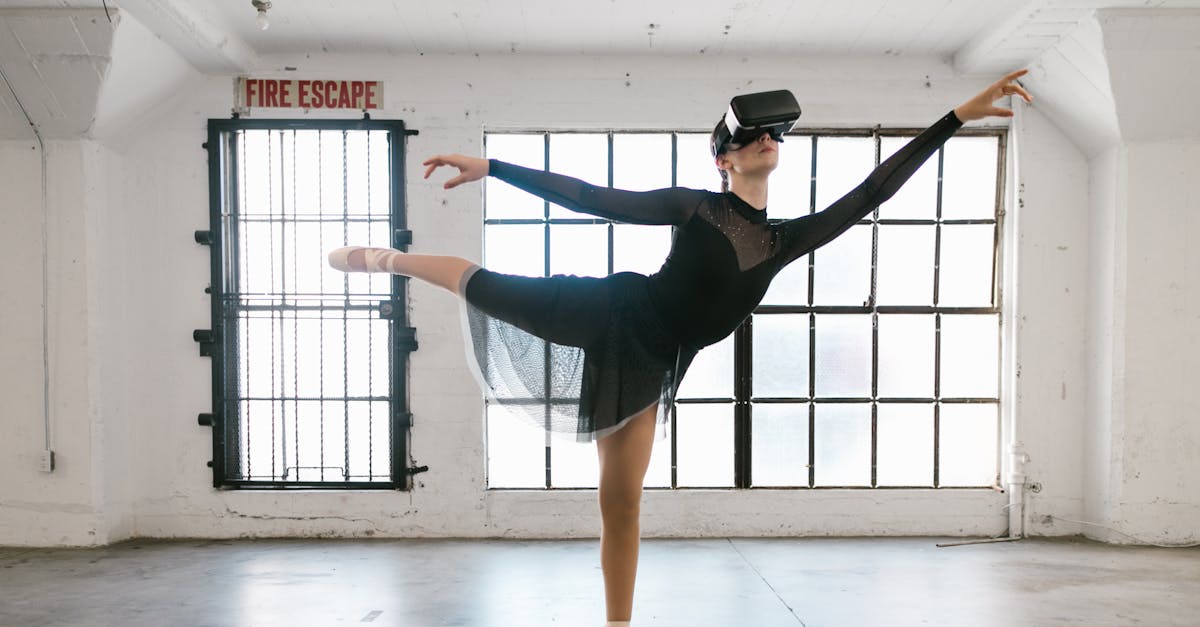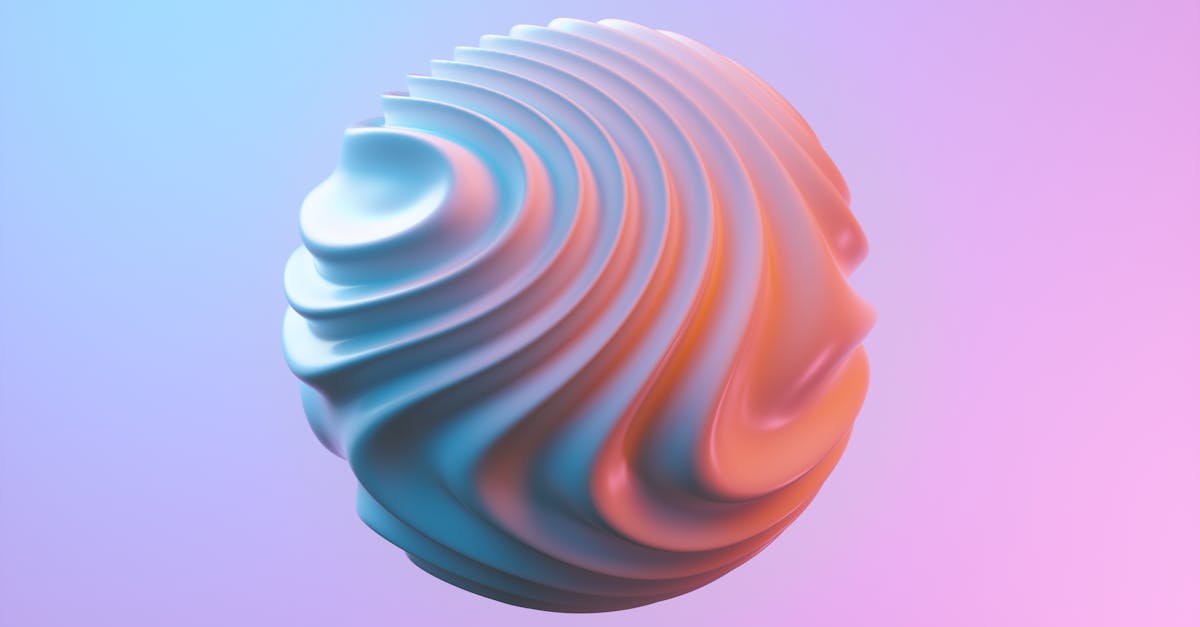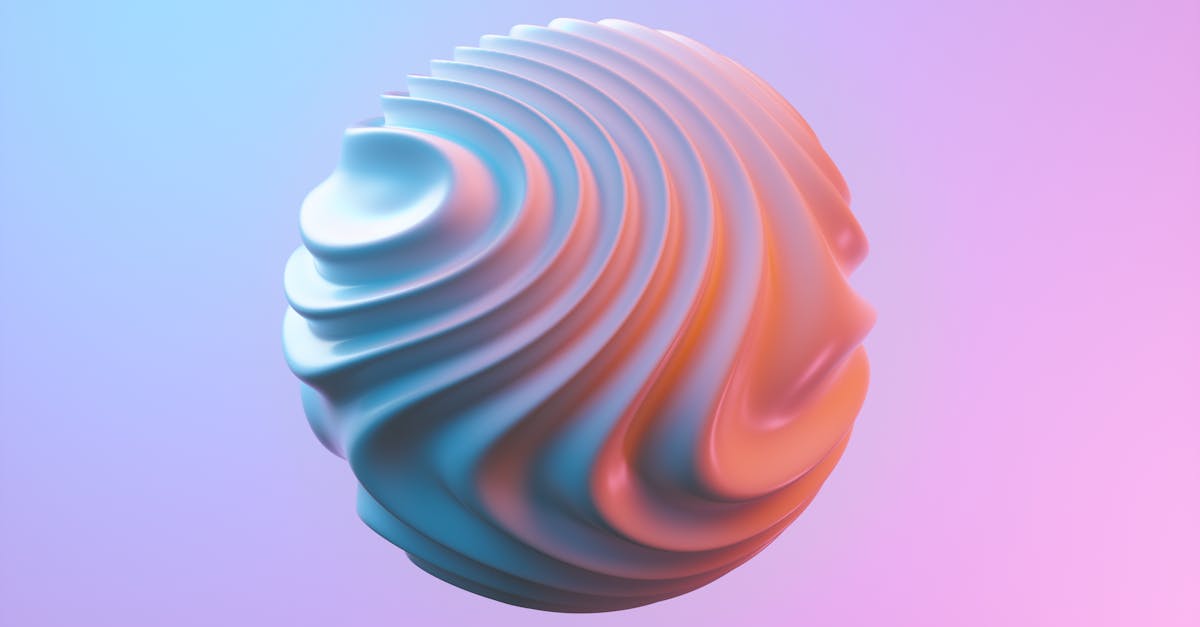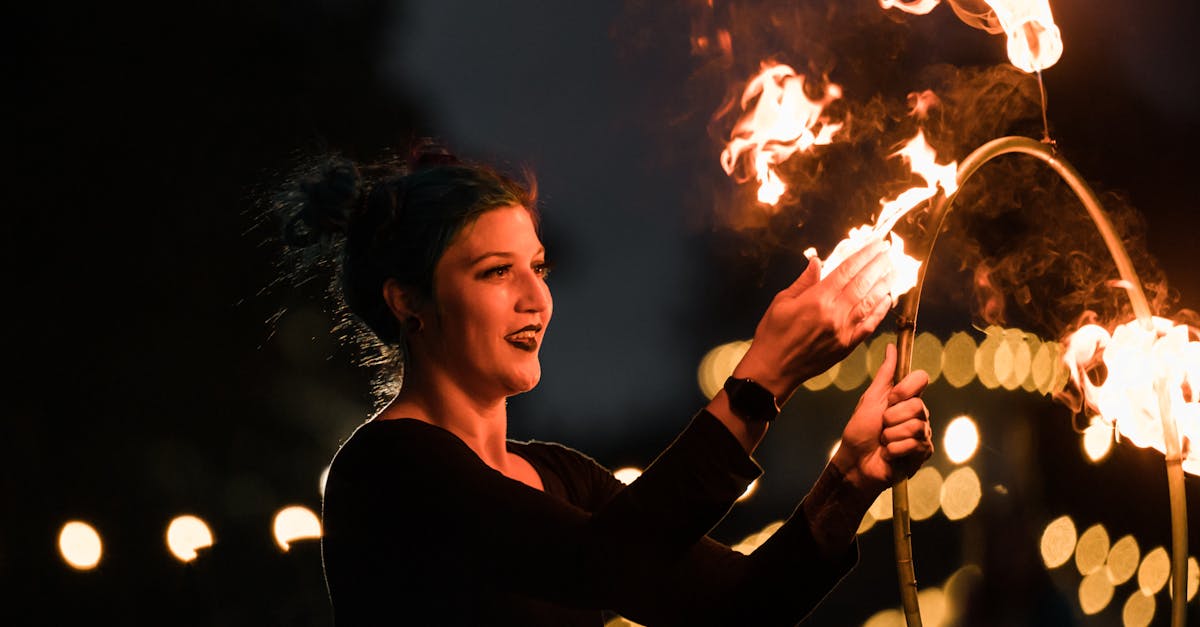Visionary Arts And Entertainment Insights
Introduction
Visionary arts and entertainment offer a fresh perspective on creative expression, integrating various forms of technology, culture, and storytelling. As the world continues to evolve rapidly, artists and entertainers are increasingly adopting innovative approaches to captivate audiences. This evolution bridges traditional and contemporary methods, fostering a new era of art that transcends boundaries. How are artists and entertainers shaping this future? What part do new technologies play in this transformation? And how do these changes influence our cultural landscape and enhance audience experiences? Let's explore the dynamic world of visionary arts and entertainment, shedding light on its unparalleled evolution.
Advertisement
Fusion of Art and Technology
The harmonious blending of art and technology is at the heart of visionary arts. Digital tools, such as virtual reality (VR), augmented reality (AR), and artificial intelligence (AI), have redefined artistic experiences. Artists now create immersive environments that transport audiences beyond traditional canvases into multidimensional worlds. These mediums enable interactive storytelling, allowing audiences to engage more deeply with the narrative. Cutting-edge technology not only enhances visual and auditory elements but also introduces an interactive dimension, providing a personalized experience.
Advertisement
Transformative Storytelling Techniques
Visionary arts redefine storytelling through holistic approaches that elevate narrative depth and engagement. Artists and creators utilize interactive platforms where audiences can influence story outcomes, akin to choosing a path. These techniques lead to heightened viewer immersion and emotional investment in the narrative. Projects like 'Bandersnatch,' an interactive narrative experiment by Netflix, exemplify this trend. Storytelling becomes a participatory event, blurring the line between creator and audience. This evolution fosters a deeper connection, making stories more relatable and memorable.
Advertisement
Cultural Influence and Innovation
Visionary arts draw heavily from diverse cultures, enriching their creative processes. Traditional folklore, rituals, and cultural motifs are reimagined through modern lenses, offering fresh artistic insights. The result is a rich tapestry of diverse narratives that broaden cultural understanding and appreciation. This cultural fusion not only preserves history but also promotes inclusivity by showcasing underrepresented voices. Through visionary arts, audiences can experience a celebration of culture that resonates universally while retaining its unique individuality.
Advertisement
New Horizons in Music and Performance
The music industry is another sphere where visionary principles manifest prominently. Artists, such as Björk and Childish Gambino, merge technologies like AI, holography, and 3D sound to transform performances into sensory extravaganzas. Venues are adapting too, providing multisensory experiences that amplify spectator engagement. These innovative techniques redefine how music is consumed and experienced, offering an expanded horizon where auditory and visual elements blend seamlessly. Artists are experimenting with narrative performances that fuse music with theatre, creating entirely new genres.
Advertisement
Redefining Public Spaces and Exhibitions
Public spaces and exhibitions are becoming canvases for visionary arts, transforming towns and cities into living galleries. Interactive installations and multimedia projections contribute to this trend by making art accessible beyond traditional venues. Notable projects like "Field of Light" by Bruce Munro extend artistic experiences into nature, bridging the gap between technology and the environment. Programs like these ensure that art resonates within its community, fostering a shared cultural identity. Visionary exhibitions emphasize public engagement, encouraging participation at all ages.
Advertisement
The Role of AI and Machine Learning
Artificial intelligence and machine learning advance visionary arts by offering new avenues for creativity and automation. Artists now collaborate with AI to generate unique compositions, introduce novel techniques, and expand their creative reach. These technologies assist in posing questions about authorship, creativity, and artistic authenticity. AI-driven art challenges traditional concepts, emphasizing unpredictability and innovation. It raises discussions on the balance between human intentionality and machine input, while still showcasing art's inexhaustible potential.
Advertisement
The Challenges of Visionary Creations
Despite its growing prevalence, visionary arts face challenges such as accessibility, technological dependency, and maintaining cultural authenticity. Financial barriers may limit artistic experimentation due to costly equipment and software. Additionally, technology's rapid pace can outdate artists' methods quickly, necessitating continuous adaptation. Balancing technology with tradition ensures cultural narratives remain respected, avoiding oversimplification. It's crucial for creators to remember the essence of their message, ensuring it aligns with the fundamental principles of artistic integrity and cultural respect.
Advertisement
The Future of Visionary Arts
The future of visionary arts promises boundless possibilities, with continual advancements in technology forecasting a new renaissance. AI could synthesize artistic styles, producing hybrid works reflecting a union of past and present. Performance arts may evolve to include audience participation on an unprecedented scale, breaking traditional boundaries. Education via visionary art workshops can foster emerging talents, democratizing artistic expression. This evolution makes creativity more inclusive and innovative, paving the way for emerging artists and new modalities.
Advertisement
Summary and Conclusion
Visionary arts and entertainment are revolutionizing creative expression through innovative technologies and diverse cultural influences. By embracing interactive storytelling and blending artistry with advanced technologies, creators are reshaping traditional paradigms. As the industry grows, creators face challenges like accessibility and authenticity. Nonetheless, the continuous fusion of art, technology, and culture will drive this expansive evolution, heralding a dynamic future for visionary arts. Through courage and creativity, artists today are crafting the next chapter in artistic history, filled with infinite potential and unexplored opportunities.
Advertisement


